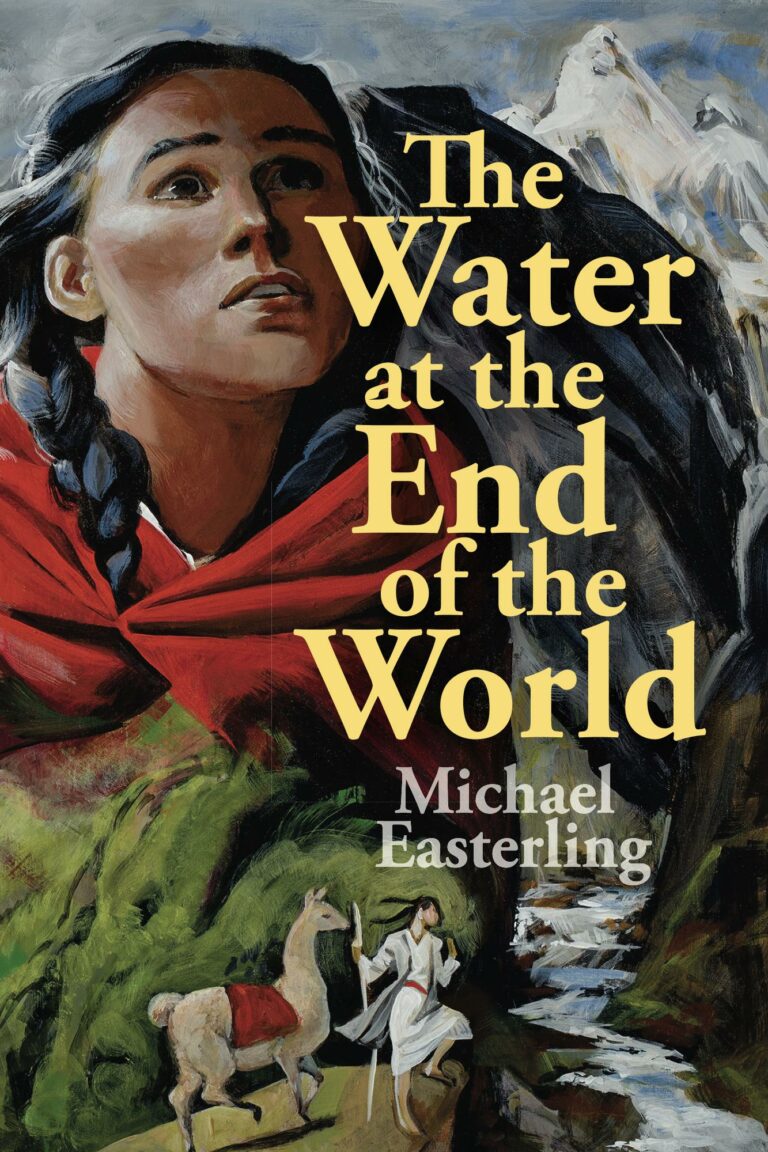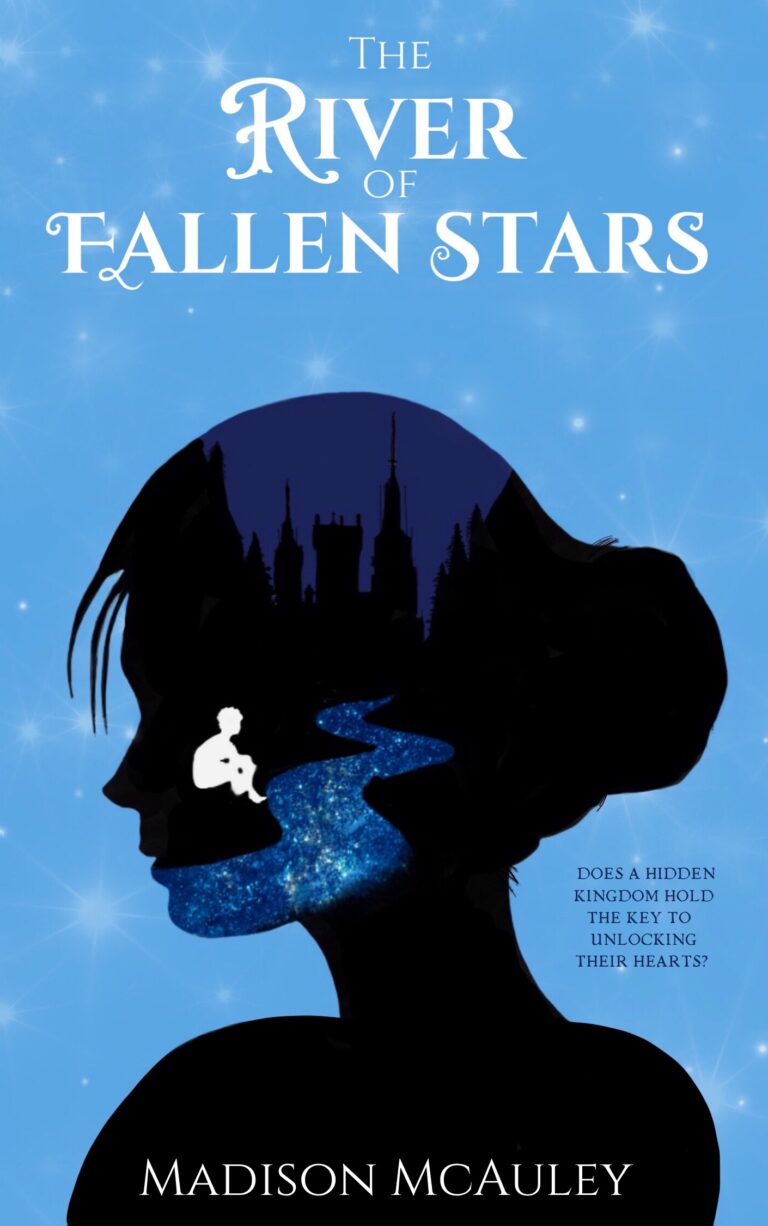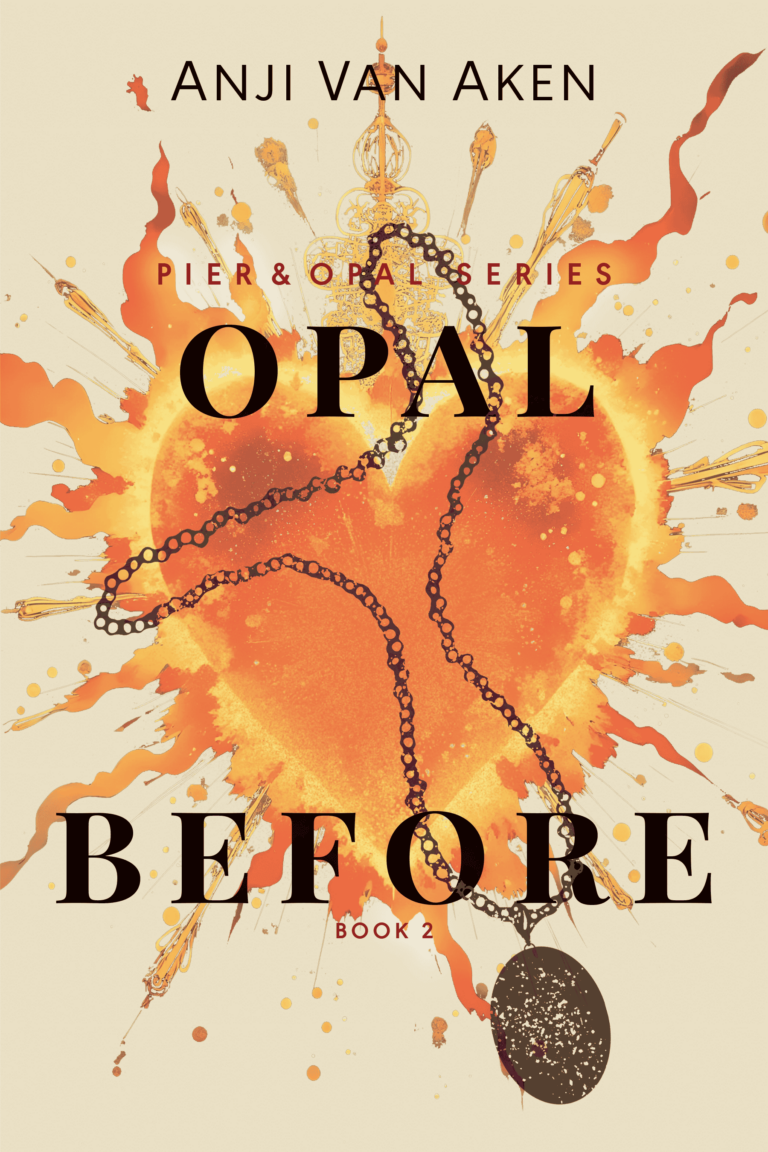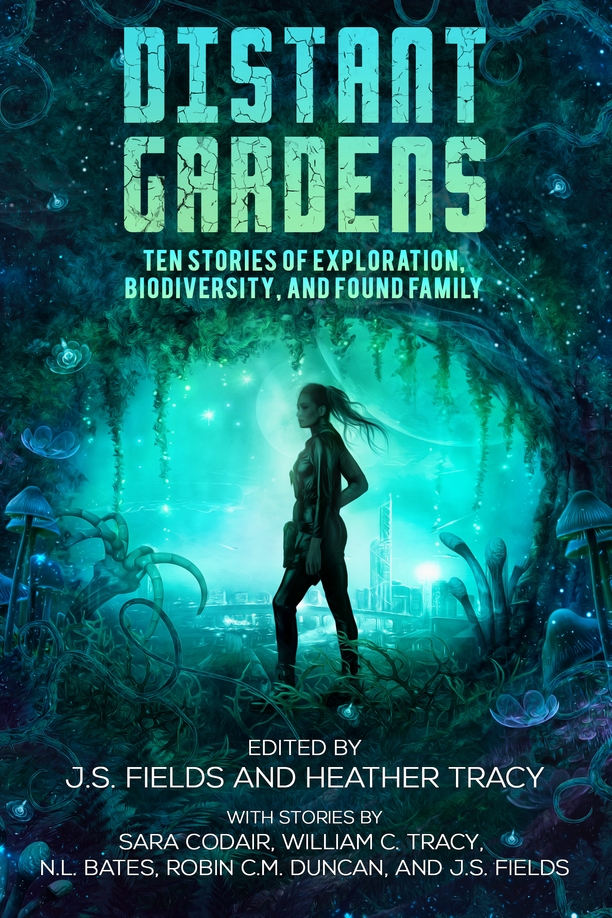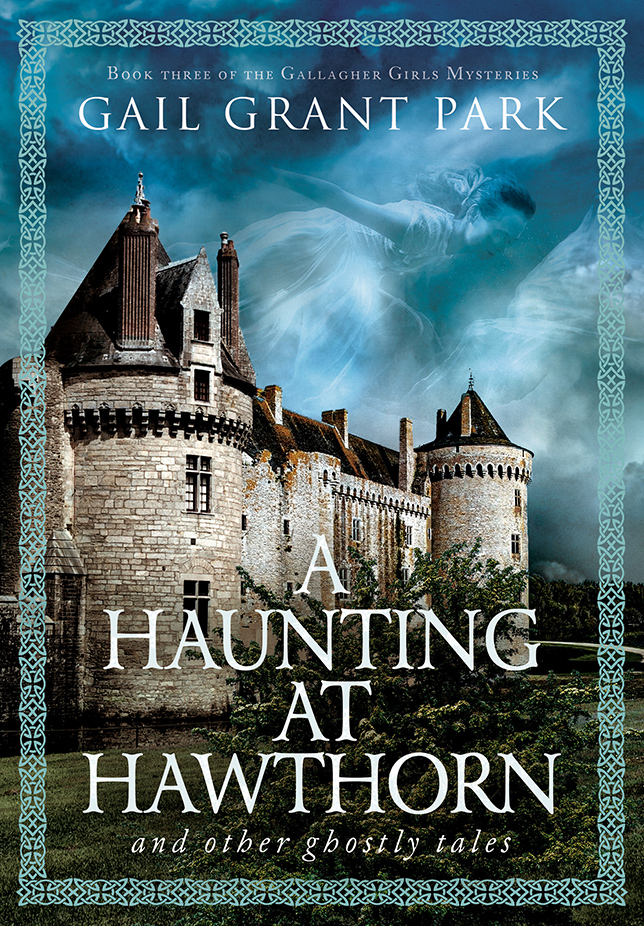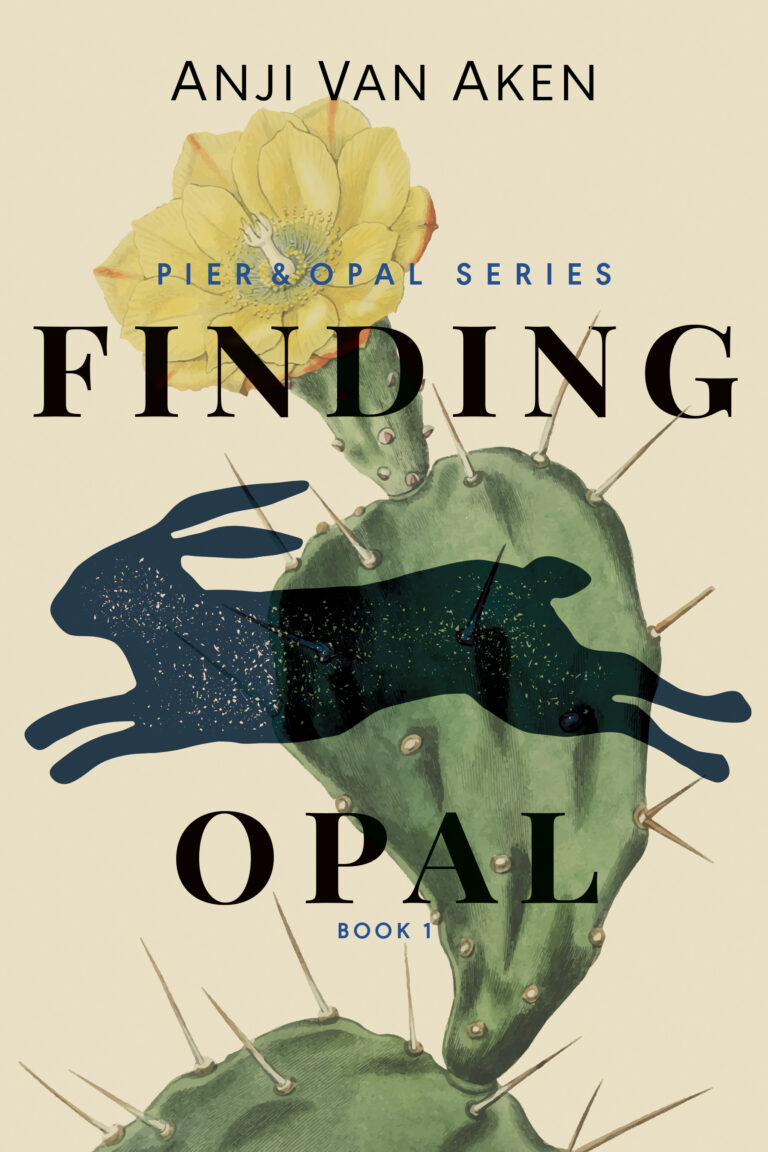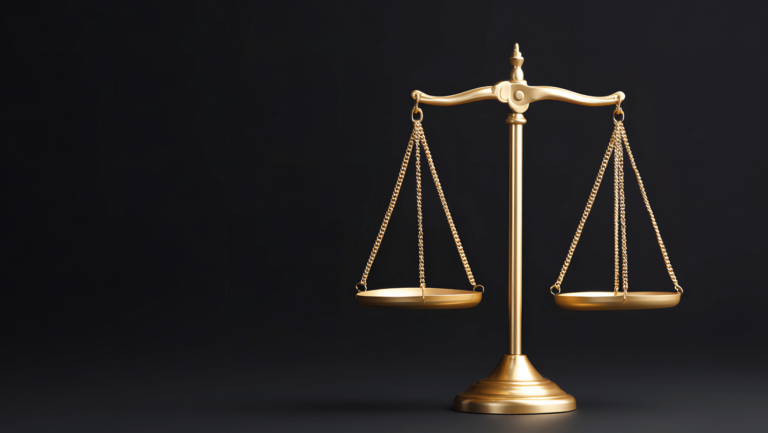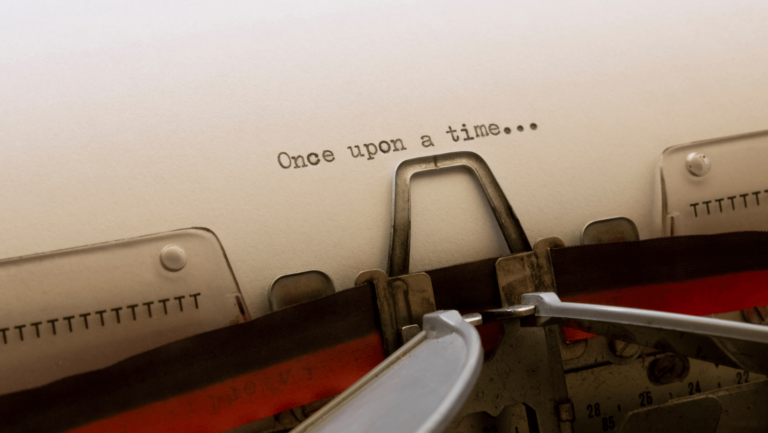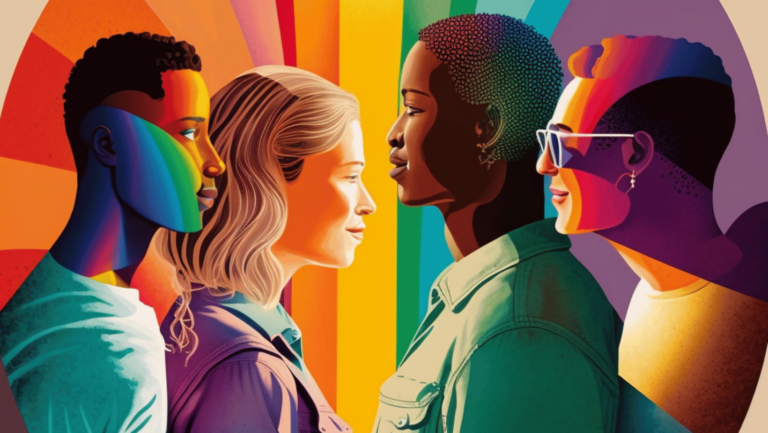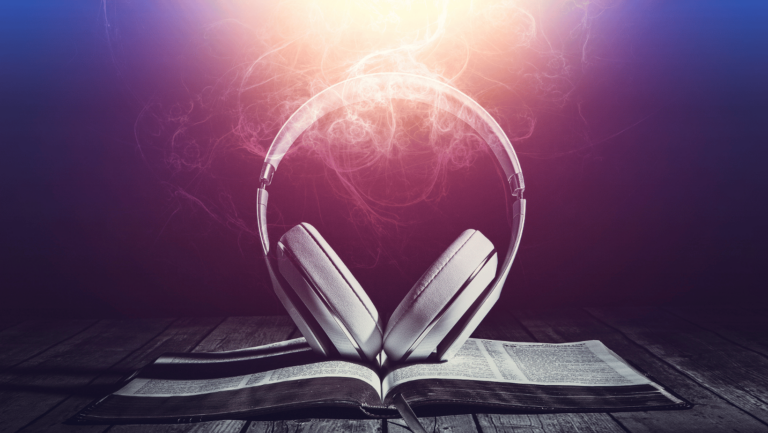We previously looked at stereotypes in The Various Forms of Bias in Literature. Authors can also often be subject to various stereotypes, shaped by factors like the historical period they write in, their chosen genre, and the cultural milieu they inhabit. Here are several prevalent stereotypes frequently associated with authors:
- The Reclusive Genius: This stereotype typifies authors perceived as introverted and withdrawn, who prefer solitude to refine their craft. Figures like J.D. Salinger and Emily Dickinson epitomize this inclination.
- The Tortured Artist: This stereotype posits that exceptional writing stems from personal anguish or turmoil. Authors conforming to this stereotype often wrestle with inner demons or mental health issues, such as Sylvia Plath or Ernest Hemingway.
- The Eccentric: Some authors are viewed as unconventional or idiosyncratic, possessing distinctive habits or lifestyles that enhance their allure. Neil Gaiman and Hunter S. Thompson are frequently cited as examples of this eccentricity.
- The Bohemian: This stereotype portrays authors as nonconformist individuals who reject societal norms in favor of unconventional lifestyles. Icons like Jack Kerouac and Allen Ginsberg embody this rebellious spirit.
- The Academic: Certain authors are closely linked with academia, whether as scholars or professors, renowned for their intellectual depth and scholarly pursuits. Figures like Umberto Eco and Toni Morrison exemplify this scholarly tradition.
- The Romantic: This stereotype depicts authors as sentimental idealists, often weaving themes of love and passion into their narratives. Jane Austen and Nicholas Sparks are commonly regarded as quintessential romantic writers.
- The Misunderstood Outsider: Some authors are perceived as ahead of their time or at odds with prevailing societal norms. Despite facing recognition challenges in their lifetimes, they often attain posthumous acclaim. Franz Kafka and Edgar Allan Poe serve as prime examples of this archetype.
- The Celebrity Author: In contemporary times, authors can attain celebrity status, garnering widespread fame and media attention akin to movie stars or pop icons. J.K. Rowling and Stephen King exemplify this phenomenon in the era of social media and mass marketing.
It’s crucial to acknowledge that these stereotypes oversimplify the diverse range of authors and their works, often overlooking the intricacies of individual creativity and expression.
Do you relate to any of these stereotypes? What stereotypes as an author have you been associated with? Follow our social media accounts on Facebook and Instagram for more information and opportunities to engage and share more about your experiences!


